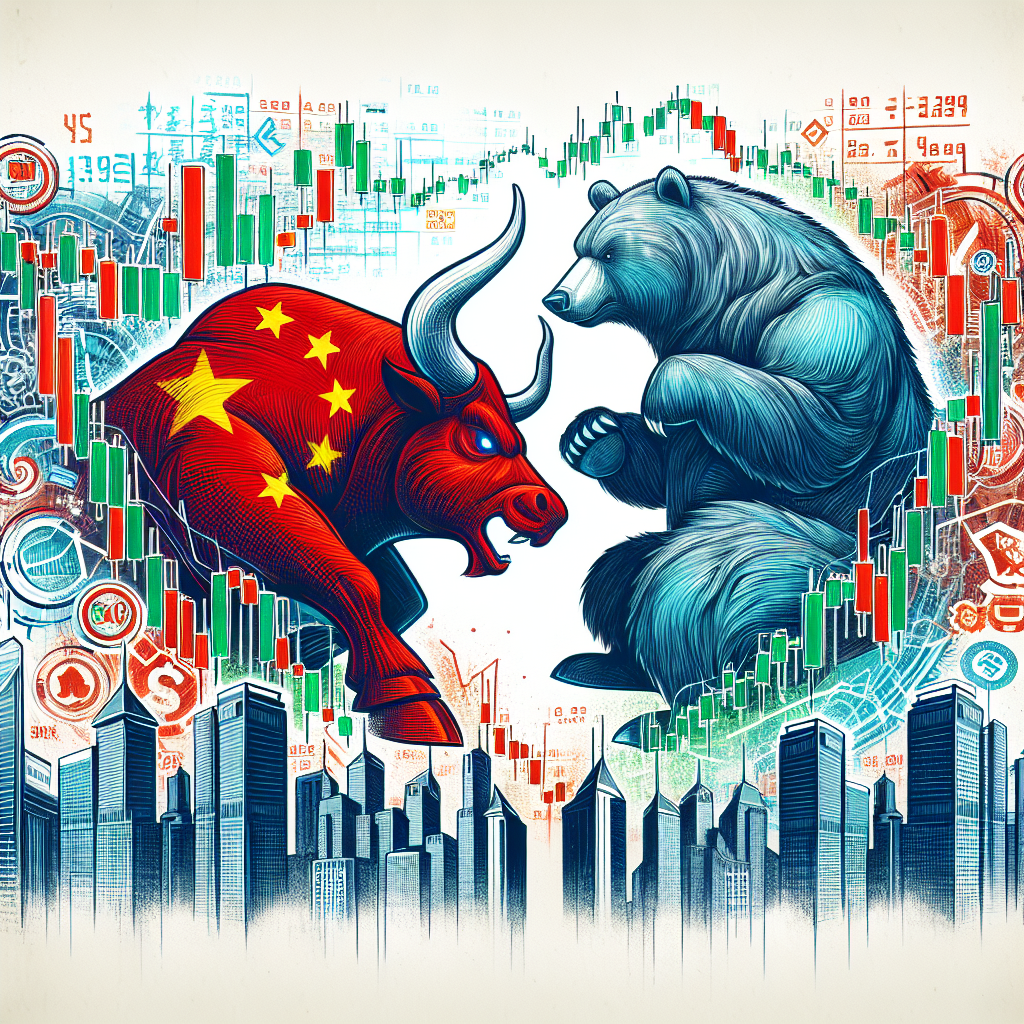China Stocks Stabilize Amid U.S. Presidential Debate and Tariff Talks
China stocks traded sideways after an initial drop as investors monitored the live debate of the 2024 U.S. presidential candidates. Biden and Trump both have favored tough trade stances against China, impacting China's economy. The debate has implications for future Sino-U.S. relations and tariffs.

China stocks traded sideways after opening lower on Friday, as investors cautiously watched the first live debate of the 2024 U.S. presidential election race, on guard for any policy hints by the candidates that might affect China's economy.
U.S. President Joe Biden and his predecessor Donald Trump, the two candidates in the debate, have both favoured a tough trade stance by imposing and threatening tariffs, on China in particular. China's benchmark CSI300 edged up 0.4% at GMT 0147, after opening lower 0.3%, while Hong Kong's Hang Seng Index was down 0.1%.
"Conflicts between China and the U.S. generally increase before the U.S. election," SPDB International said in a note. "If there are emergencies in the second half of this year that lead to a sharp deterioration in Sino-US relations, or if Trump is elected and continues to reiterate a substantial increase in overall tariffs on Chinese exports, confidence in China's capital market and the economy will be affected."
Biden last month unveiled steep tariff increases on an array of Chinese imports including electric vehicle batteries, computer chips and medical products, risking an election-year standoff with Beijing as he woos American voters who give his economic policies low marks. Trump said the new tariffs should be applied to other types of vehicles and products, criticising Biden for not doing more on Chinese exports sooner.
Trump's broader imposition of tariffs during his 2017-2021 presidency kicked off a tariff war with China. As a candidate this year, he has floated tariffs of 60% or higher on all Chinese goods and a 10% across-the-board tariffs on goods from all points of origin.
(This story has not been edited by Devdiscourse staff and is auto-generated from a syndicated feed.)
ALSO READ
Donald Trump's Second Term Plans: Radical Reforms and Controversial Policies
Donald Trump's Double Pitch: Rallying Christian and Black Voters Amid Crime Concerns
Joe Biden vs. Donald Trump: The Age of Debate Drama
US Presidential Debate 2024: Donald Trump refuses to take responsibility for January 6 Capitol attack
Donald Trump Granted Second Extension for Financial Disclosures










